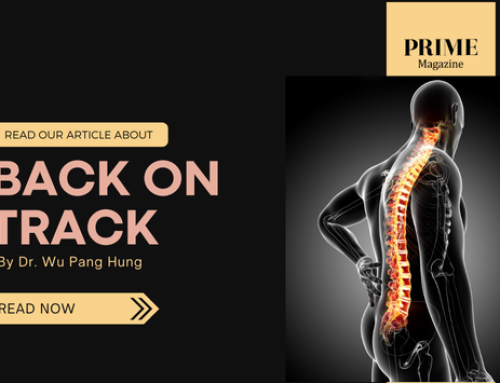
The journey towards enhancing our wellness often leads us to explore various avenues of physical activity, and one such practice that has gained widespread acclaim for its therapeutic benefits is Pilates. Indeed, besides its well-known uses for wellness and fitness, there is also an established symbiotic relationship between Pilates and physical therapy.
In this article, I will answer various questions about how the ageless practice of Pilates can be deployed as physical therapy, as well as its transformative power as an integral part of a rehabilitation programme.
What is Pilates?
Pilates is a full body, low-impact, controlled exercise that improves strength, flexibility, balance, awareness and body alignment, and enables you to move with ease. There are different types of Pilates, which includes Traditional Pilates (also known as “Classical Pilates”), Contemporary Pilates and Clinical Pilates.
Traditional Pilates refers to a series of exercises designed by Joseph Pilates. Traditional Pilates exercises are performed in the precise sequence he had intended, with the purpose of achieving complete coordination of body, mind and spirit. It involves the use of equipment referred by him as apparatus. Pilates believed that his method, Contrology, would activate brain cells to stimulate the mind and affect the body.
On the other hand, Contemporary Pilates is a combination of Traditional Pilates with various exercise modifications and physiotherapy that promotes neutral spine to provide flexibility towards exercise variations that suit individual body types and needs. Contemporary Pilates uses props such as resistance band, Pilates ball and dumbbells to enhance the benefits of Pilates.
Finally, Clinical Pilates is one of the subsets of Contemporary Pilates that is used by healthcare professionals, such as Physiotherapists, to treat specific injuries and conditions.
How can Pilates contribute to overall physical well-being?
Pilates is a mind, body and spirit practice with benefits that include improved posture, better coordination and balance, increased lung capacity, improved concentration and focus, increased body awareness, stress management, and injury prevention. As you progress in your practice, you will notice improvements in breathing, focus and body awareness.
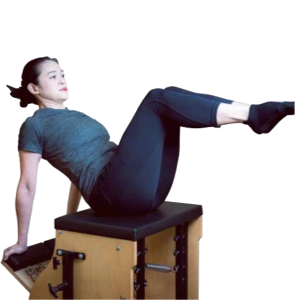
Is Pilates a suitable form of exercise for individuals with chronic pain?
Pilates is perfect for chronic pain sufferers because it increases muscle stability through low impact and controlled exercises using different apparatus like Reformer, Stability Chair, Trapeze Table, Spine Corrector, etc. Pilates exercises can be adapted to suit your ability and needs. In fact, the variation of Pilates exercises makes it an interesting and enjoyable way of managing or reducing your pain.
What conditions or injuries can Pilates help to address?
Pilates is a full body, low-impact, controlled exercise that emphasises strengthening local muscles which provide stability by connecting the pelvis and ribcage to the spinal fascia. Pilates can be beneficial for various conditions and injuries, including back pain, postural issues, muscle imbalances, joint problems, sports injuries, and rehabilitation after injuries or surgeries. Do note that it is important to consult with a healthcare professional or certified Pilates Instructor to ensure that a safe and tailored approach is crafted just for your individual circumstances and needs. Here, at Rapid Physiocare, we ensure that all our customers are catered to, based on this approach.
What are the personalised assessments made before starting a Clinical Pilates programme at Rapid Physiocare
Postural analysis and initial assessment will be included to allow our Therapists/Instructors to plan a personalised programme for individual clients based on their needs. This also ensures that the recommended exercises align with specific goals and health considerations. As writer Beverly Diehl once said, “Everybody is different, and every body is different.”
Can Pilates be integrated into a broader rehabilitation plan?
Pilates can be seamlessly integrated into a broader rehabilitation plan. Its focus on core strength, flexibility and controlled movements complements various rehabilitation goals, aiding in the recovery process for a range of musculoskeletal issues. Co-management between Pilates Instructors and healthcare professionals can ensure a holistic and effective rehabilitation approach for optimum recovery.
How does Clinical Pilates integrate with physiotherapy?
Clinical Pilates is commonly used by Physiotherapists for various reasons such as injury recovery, fall prevention, muscle imbalances, posture correction, general strengthening, balance, coordination and proprioceptive training. Our Physiotherapists will incorporate Clinical Pilates exercises into our individualised rehabilitation programmes to address specific musculoskeletal issues, promoting strength, flexibility, core stabilisation and overall recovery, as well as maintenance.
What equipment is typically used in Clinical Pilates sessions?
Clinical Pilates often involves specialised equipment or apparatus such as Reformers, Cadillac/Trapeze Table, Stability Chair and more. These apparatus provide resistance and support for targeted exercises tailored to individual needs and rehabilitation goals.
Can Pilates help to improve posture and balance?
Pilates focuses on core strengthening, spinal mobility, flexibility, strengthening, balance, coordination, and proprioceptive (awareness on joint positions) training through slow and controlled movement. It enhances posture and balance by focusing on core strength, stabilisation and body awareness. Consistent practice can lead to improved joint awareness (proprioception), postural alignment and stabilisation.
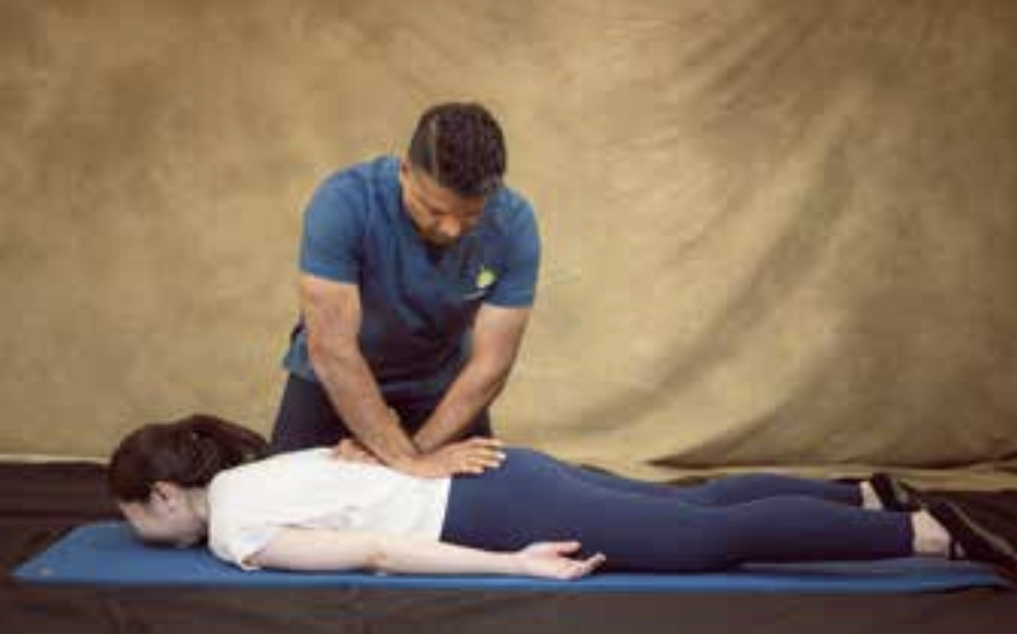
Rapid Physiocare founder John Abraham treating a patient
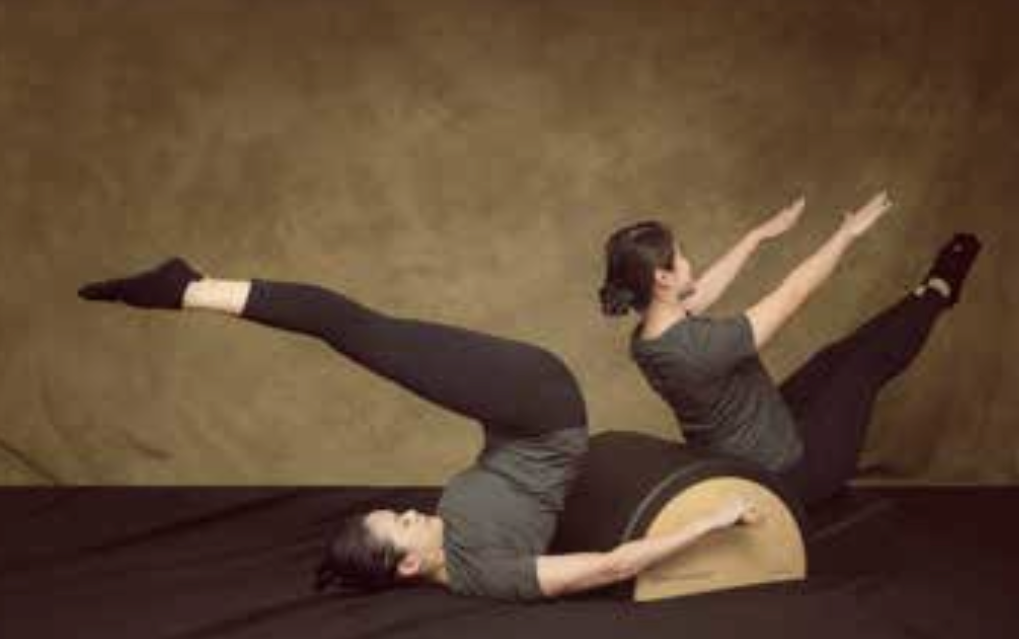
Rapid Pilates works perfectly with physiotherapy
Can Pilates help with pre-existing musculoskeletal conditions such as arthritis or osteoporosis?
Modified Pilates exercises can be designed to improve strength, flexibility, and joint mobility while considering the specific needs and limitations of individuals with these conditions. However, you should always consult with a healthcare professional before starting any exercise programme, especially if you have pre-existing health conditions. At Rapid Physiocare, our pre-programme postural analysis and initial assessment will help to address these needs.
Is Pilates taught in groups or one-on-one?
Pilates can be taught in both settings. Group classes are common and offer a social aspect, while one-on-one sessions provide personalised attention, making it easier to address individual needs and goals. At Rapid Physiocare, we offer both options. The choice depends on personal preferences and specific requirements. Some patients/clients are recommended to participate in one-on-one sessions to understand their own body and the movements, build body awareness before joining group classes to prevent injuries during group classes.
How do the trainers ensure proper form and technique during Pilates sessions?
Our Pilates Instructors/Physiotherapists and Rehabilitation Therapists use verbal cues, demonstrations and hands-on guidance (tactile cues) to ensure proper form and technique during sessions. They will closely monitor participants, providing corrections through visual, verbal or tactile cues (depending on which correctional cues best resonate with participants) to help ensure proper alignment and maximise the effectiveness of each movement.
Our Clinical Pilates sessions are closely supervised and customised to cater to each individual based on their fitness levels. Specific and detailed instructions will be given to provide accurate feedback, which is critical to optimise performance in the mastery of Pilates.
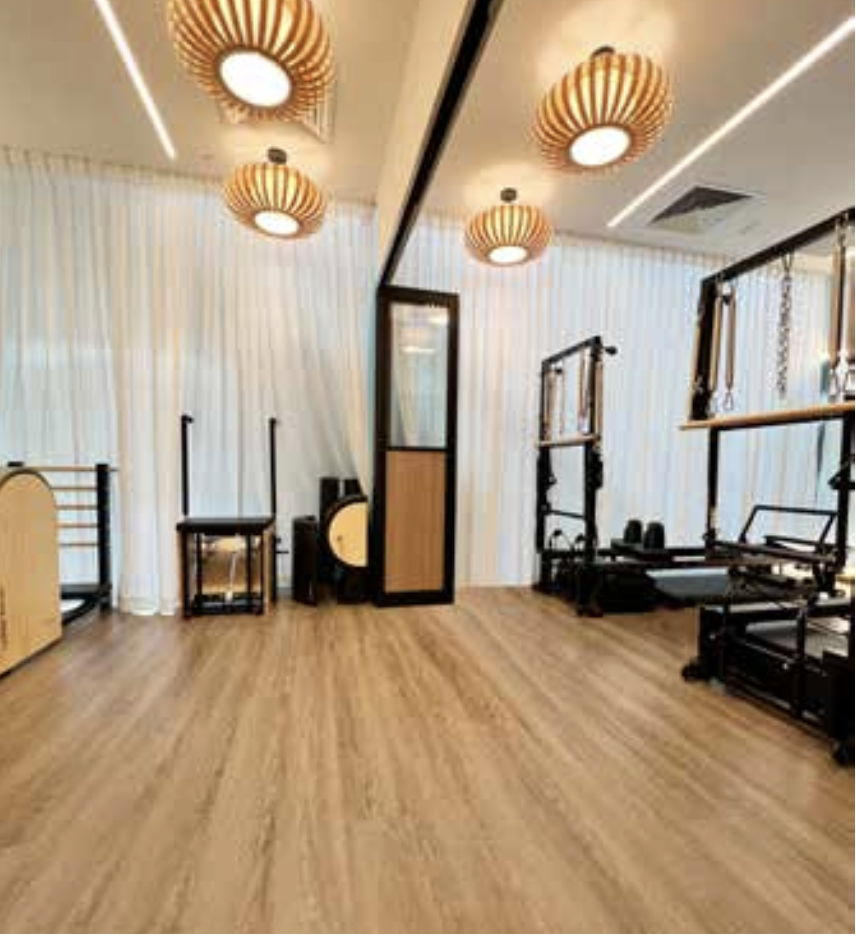
Rapid Physiocare@Buona Vista
Rapid Physiocare@Buona Vista
We have opened our latest branch Rapid Physiocare@Buona Vista, which is located at The Metropolis Tower 2. The new clinic is strategically located at Level 1 with ramp access, car drop off point, and car park within the same building. Our friendly staff will be on hand to help patients who require assistance with opening doors, etc.
If you staying at other locations, we also have clinics conveniently located across the island at Tanjong Pagar, Novena, Paya Lebar and Kovan.

Top-notch service from the Rapid Physiocare Team
At Rapid Physiocare, we specialise in:
Musculoskeletal physiotherapy (back, neck, shoulder, knees and all types of injuries) and a wide scope of services. Most services are provided at our new Buona Vista branch and those that are not will be provided at our other branches
Geriatric physiotherapy Neurological physiotherapy (post-stroke, Parkinsons, neuromuscular disorders, etc.)
Cardiopulmonary physiotherapy (after cardiac events – heart attack, heart failure; pulmonary physiotherapy – lung conditions, after lung surgery), as well as weight loss and management Post-surgical physiotherapy (after brain, spine, abdominal, chest, arm/leg surgery) Pre- and post-natal physiotherapy Clinical Pilates.
Our clinics are equipped with the latest up-to-date electrotherapeutic equipment and modalities to help with pain relief; gym equipment and accessories that are required for rehabilitation; as well as the most comprehensive Pilates equipment to suit all needs.
We welcome a wide variety of age groups, ranging from children to those in their 80s. Our Physiotherapists are trained to assess and treat a wide range of conditions that may be specific to certain age groups.
At Rapid Physiocare, we do not believe in generic treatments. They do not work. We assess every person individually and identify the problems that are unique to them, and then provide treatment according to their needs. This way, our patients will have better outcomes and achieve the goals they had set out at the start.
Furthermore, we also offer teleconsultations for follow up patients who cannot make it to the clinic for various reasons (move abroad, no carer to bring them to the clinic, etc.) However, we encourage our clients to come into our clinics for sessions as it allows our Physiotherapists to assess them more thoroughly.
@PRIME









